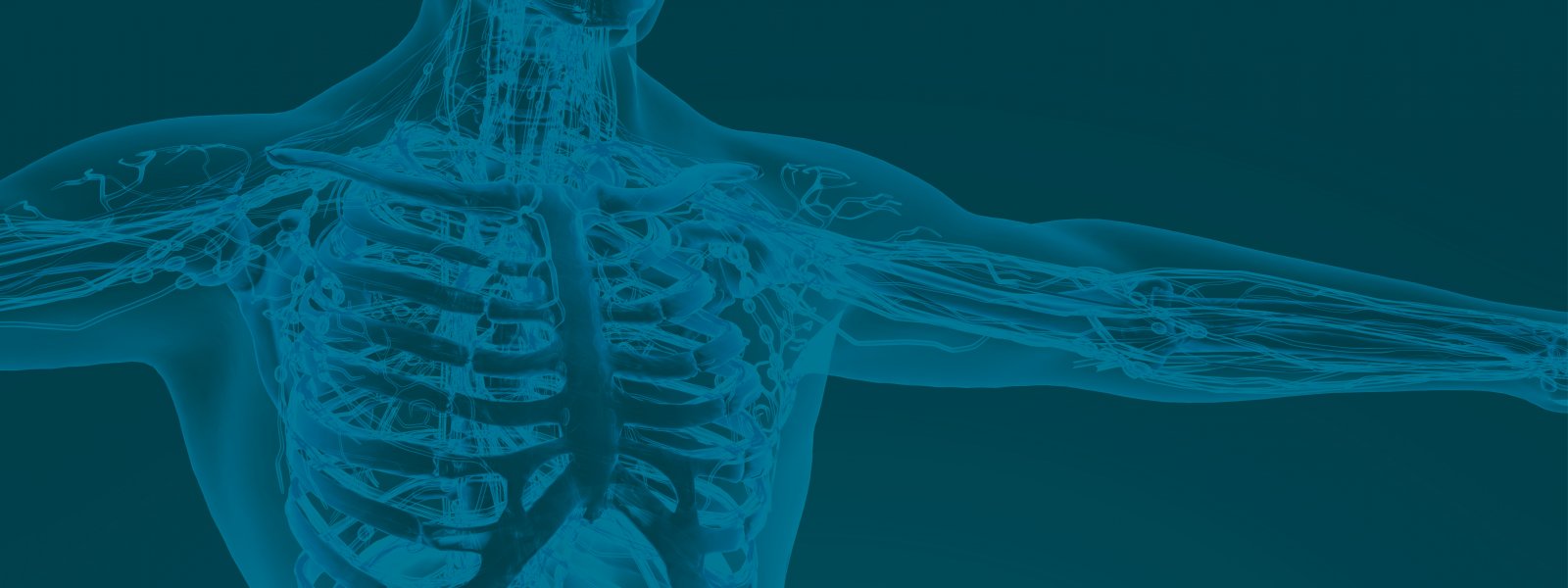So you need a transplant…?
Transplants can be a life-saving option for people with PH – but what happens if you choose this treatment option? Here Steph Pollard talks through the process and, overleaf, two pulmonary hypertension patients share their transplant stories.
Every year, cardiothoracic surgeons at specialist centres across the UK transform and save lives through heart and lung transplants.
There are heart transplants, lung transplants and ‘heart and double lung’ transplants. People with pulmonary hypertension and those born with congenital heart disease are probably most likely to require that final option – also called a combined transplant. On average, only six heart and double lung transplants are performed a year.
Several people with PH across the UK are currently on the transplant waiting list. In 2015, the National Audit of Pulmonary Hypertension recorded that three PH patients underwent transplants.
Usually, transplant is considered for PH patients, when a range of oral and intravenous medical therapies have failed to alleviate their symptoms and protect their quality of life and their life expectancy. Transplant is put forward when their own diseased lungs, or heart and lungs, are assessed as ‘severely damaged’ by the impact of PH and the relentless pressure being put upon them.
There is then a great deal of discussion between patients, their PH consultant, PH team, other professionals such as their GP, family and loved ones. Transplant can often be an option for children with aggressive forms of PH and/or heart disease and so parents have to consider what is best for their child. The decision always belongs to the patient and their family, and they may change their minds at any time in the assessment process.
NHS heart and lung transplant units include Harefield Hospital in Middlesex; Wythenshawe Hospital in Manchester; Freeman Hospital in Newcastle; Queen Elizabeth Hospital in Birmingham; Papworth Hospital in Cambridgeshire; and the Freeman Hospital in Newcastle and Great Ormond Street Hospital in London.
But, what happens once a patient has been referred to one of them?
Consultant transplant physician Dr Colm Leonard of Wythenshawe’s heart and lung transplant centre at the University Hospital of South Manchester explains: “The transplant assessment process is handled with the highest levels of medical skill, care, communication and attention to detail at specialist centres like ours. To begin with, every patient referred to us undergoes a thorough series of tests to see if we would recommend that they are suitable for transplant.”
These tests may include blood tests, urine tests, blood pressure tests, lung and heart function tests, x-rays and CT and MRI scans.
“Essentially, we are assessing if the patient would benefit from a transplant and if they are physically able to undergo the demanding surgery and recovery process.”
The patient’s consultant then discusses the transplant team’s recommendations with them and if the patient decides to proceed, they are put on the transplant list. A transplant co-ordinator will then support them as they wait for donated organs that match their needs and their blood group.
This of course may take time. It can mean a frustrating and frightening wait; and for some, sadly, the wait can be too long. We are all aware that some people die while on the waiting list, and campaigning is ongoing for more people to sign up as potential donors to tackle this tragedy.
When a donated organ, or organs, which may be suitable for a particular patient does become available, everything can happen very quickly. Dr Leonard says: “Our donor management team, made up of specialist nurses and doctors who are skilled in organ retrieval, goes directly to where the organs have been donated to asses them and ensure they are maintained in the best possible condition. If all goes to plan and the organs remain a good match for the patient and are in a good condition, a transplant operation could happen within hours.”
The transplant assessment process is handled with the highest levels of medical skill, care, communication and attention to detail at specialist centres
Sometimes, something turns out to be not quite right with the organs for this patient or the patient is too ill for the procedure and the transplant is called off.
But if the patient and organs remain a good match, the transplant operation is carried out immediately by a specialist transplant surgeon. This can take several hours to complete. A piece of equipment called a heart-lung by-pass machine is attached to the patient throughout, and this keeps oxygenated blood circulating around the body throughout the procedure. The operation is extremely complex but, put simply, the patient’s organs are removed and new organs put in place and connected to existing blood vessels.
Patients usually stay in hospital for a few weeks afterwards. The organs are monitored to ensure they are working properly and to ensure the body does not reject them. The patients are helped to breathe and feed and manage post-operative pain as they recover too.
Dr Leonard says: “Following surgery, patients are cared for on our cardiothoracic critical care unit then transferred back to our dedicated transplant ward, where our highly-skilled transplant nurses continue to monitor and support their recovery.”
When patients go home, they continue to have check-ups and tests as their progress in monitored, plus physiotherapy to strengthen the new organs called cardiopulmonary rehabilitation.
Another essential part of the recovery process is the taking of immuno-suppressants which are powerful medications designed to prevent our immune systems from rejecting and attacking the new organs as ‘foreign bodies’. To guard against this happening, transplant patients need to take immune-suppressants for life.
Even when transplant patients have made a full recovery, they will still need regular check-ups. Dr Leonard says: “Patients do need to return for reviews, generally at the centre where they received their transplant. But, if all goes well, the frequency of visits reduces over time. We are conscious of travel issues but are often told by patients that they appreciate returning to the unit as the staff feel like an extended family to them!”
Having a transplant is certainly a major life event and the impact on patients and their families can be very wide reaching. With this in mind, units like that at Wythenshawe offer support services including appointments with social workers and psychologists, support groups and transplant buddy schemes. Patients are also offered advice on exercise and diet. Every transplant experience is different, but all demand the highest standards of medical expertise, support and care from our NHS transplant centres and partner hospitals. Read how having transplants transformed Jocelyn and Pauline’s lives overleaf. And to find out more about the transplant process, talk to your PH team or visit www.nhs.uk and search ‘Heart-Lung Transplant’.
















